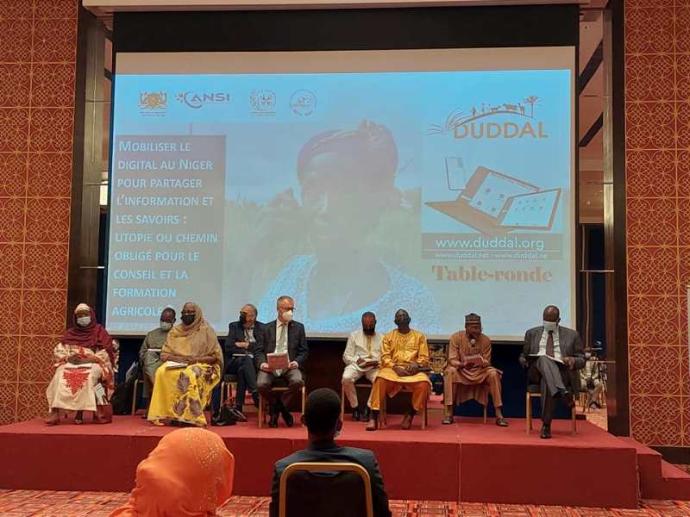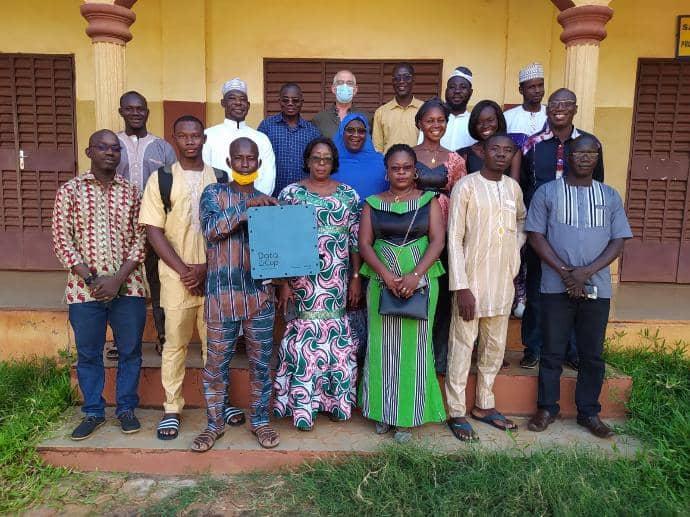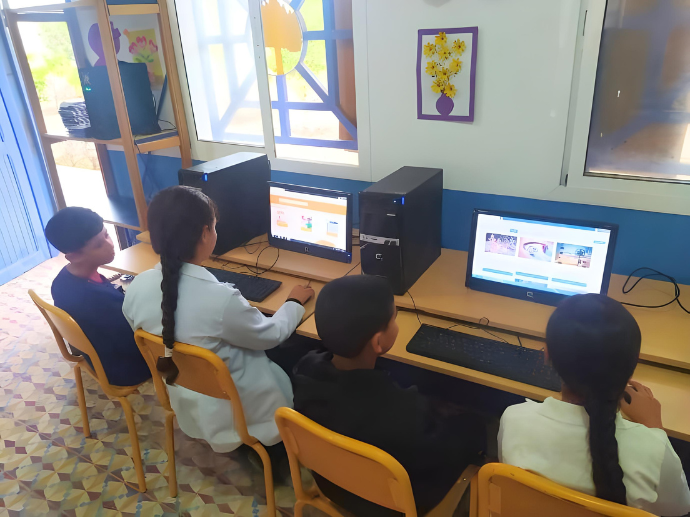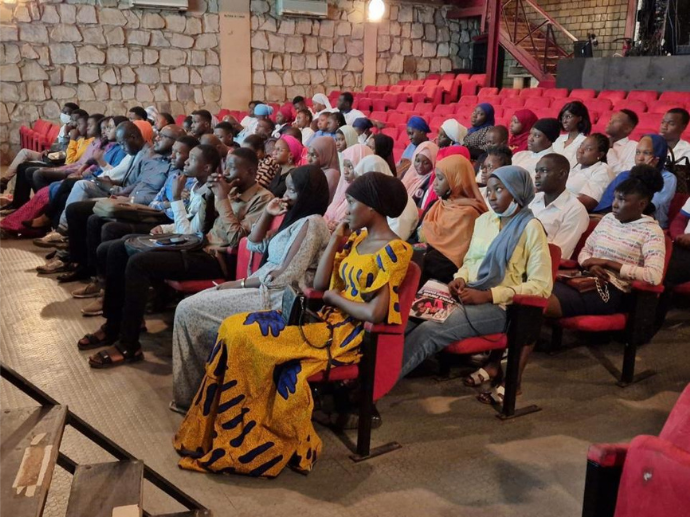The white paper titled “Making Digital Inclusion a Reality: Concrete Paths for the Nonprofit Sector” (available after completing the form here....) offers an in-depth reflection on the challenges of digital inclusion and strategies to achieve it. This document, presented by ANEOL nd its partners, summarizes a day of participatory workshops held on June 15, 2023, in Saint-Étienne.
Presentation of the White Paper
The white paper highlights the importance of digital inclusion and digital sustainability in our contemporary society. It points out the persistence of digital illiteracy (illectronism) in France (affecting 15% of the population according to INSEE) and worldwide, as well as the urgent need to strengthen initiatives aimed at bridging the digital divide.

This work results from a collaborative approach and aims to deepen reflection on the many dimensions of inclusion. The document is organized into several sections, each addressing a specific aspect of digital inclusion:
Access to Appropriate Equipment and Tools
The white paper emphasizes the importance of universal access to computing devices: 8 million French citizens do not have suitable equipment to access the Internet.
For example, using refurbished devices through solidarity-driven companies in France—such as WeeeFund or the NGO Emmaüs Connect—can be an effective solution.
Digital Illiteracy, Disability, and Psychological Discomfort
ANEOL highlights the link between digital illiteracy and traditional illiteracy, which excludes affected individuals from the information and knowledge society.
Additionally, psychological discomfort manifests as a lack of training, motivation, confidence, or support.
It is also important to develop tailored solutions for people with disabilities (visible or invisible), especially in professional settings. Considering each individual's specific needs in their digital learning journey is therefore essential.
Access to Essential Citizen Rights
For certain essential procedures, maintaining a non-digital alternative is crucial so that these processes remain public services rather than user-dependent.
For instance, the Emmaüs Connect initiative supports socially and digitally vulnerable individuals in numerous reception centers across various regions.
Moreover, associative procedures, protected under French law, should not exclude populations facing social and digital precarity. Indeed, an increasing number of associations are created online, thus excluding citizens who are not trained in digital use.
DataCup: Digital Inclusion in Areas without Internet Access
At DataCup, we are committed to reducing the digital divide and promoting digital inclusion. We share the values presented in the white paper and implement solutions to meet these objectives.
Our unnovation, the DataCup is a digital resource access box offering local WiFi. It provides digital access to individuals in digital precarity, especially in areas where the Internet is unstable, nonexistent, or too expensive.
Our embedded portal software installed on the DataCup box) offers several features to facilitate digital accessibility for those affected by digital illiteracy:
- Intuitive web browser navigation: no installation or password needed.
- Translatable into the user's local language to ease access.
- A cross-application search engine to quickly find what is needed.
- Digital training modules for a smooth start.
- Text-to-speech for people with reading difficulties or visual disabilities.
The DataCup box enables the organization of introductory digital workshops in zones completely disconnected from the Internet.
DataCup collaborates with local stakeholders to identify and meet the specific needs of populations. The digital content available on the DataCup box is carefully selected to address these issues.
Conclusion
The white paper Making Digital Inclusion a Reality highlights the urgency and complexity of combating digital illiteracy, which remains a major social justice issue.
By relying on a collaborative approach, it proposes realistic and solidarity-driven actions to ensure equitable access to digital tools.
The goal is clear: to make digital technology a lever for empowerment, not exclusion. This vision resonates with DataCup’s mission, which is committed to enhancing digital access for all, particularly the most vulnerable populations. Together, associations, businesses, and public actors can build a more inclusive society where digital technology becomes an accessible right for everyone.
 Duddal
Duddal SOS Village d'Enfants Niger
SOS Village d'Enfants Niger



ANEOL and Its White Paper on Digital Inclusion